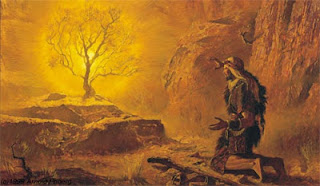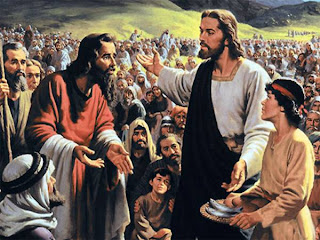Lost and Found

Merry Christmas, everyone!! I hope you are all enjoying the season with family and friends, enjoying a break from school, and are enjoying time remembering why Jesus came! I am sorry I haven't written a blog post in a long time. College work is fun (especially the writing classes I'm taking), but it's a bit of a burden - one I hope to cast off in July! Then there's family life, work, and balancing the social life (who said homeschoolers were unsocialized??). But there's another reason I haven't posted in a while. What I have been studying recently, I do not completely understand. I don't have all the answers. But you know what? I realized this morning that this is pride holding me back. Who says I have to have all the answers? When have I ever had all the answers?? So...here goes... :) I was inspired to study the parable in Luke 15 when I got to work on the movie set of an upcoming Christian film "A Long Way Off" - a modern day retelling of ...
.jpg)



.jpg)


